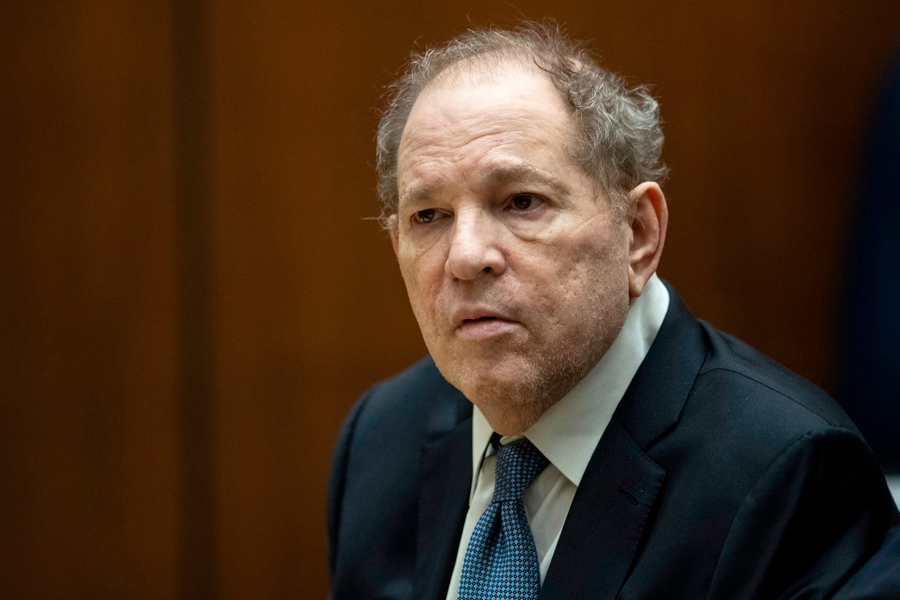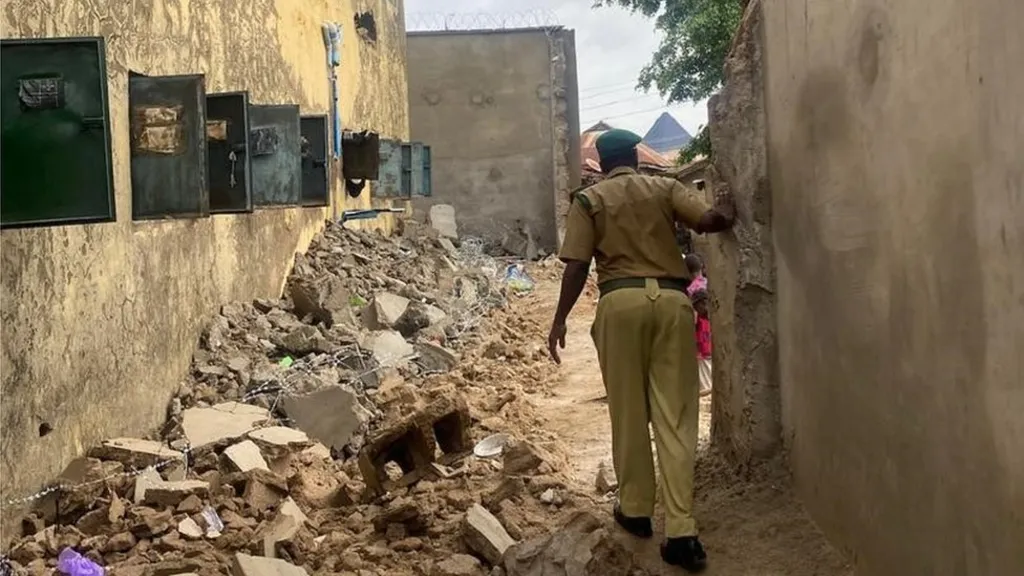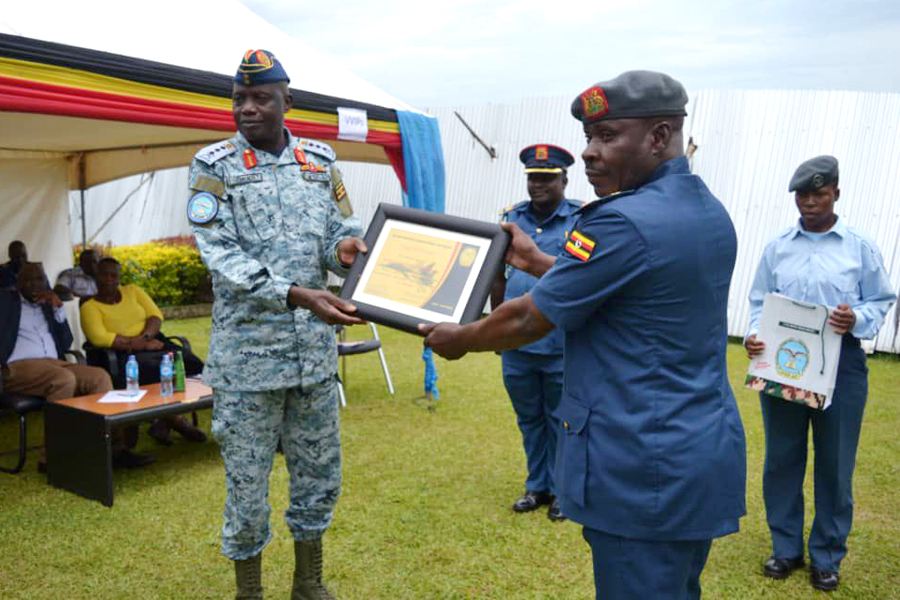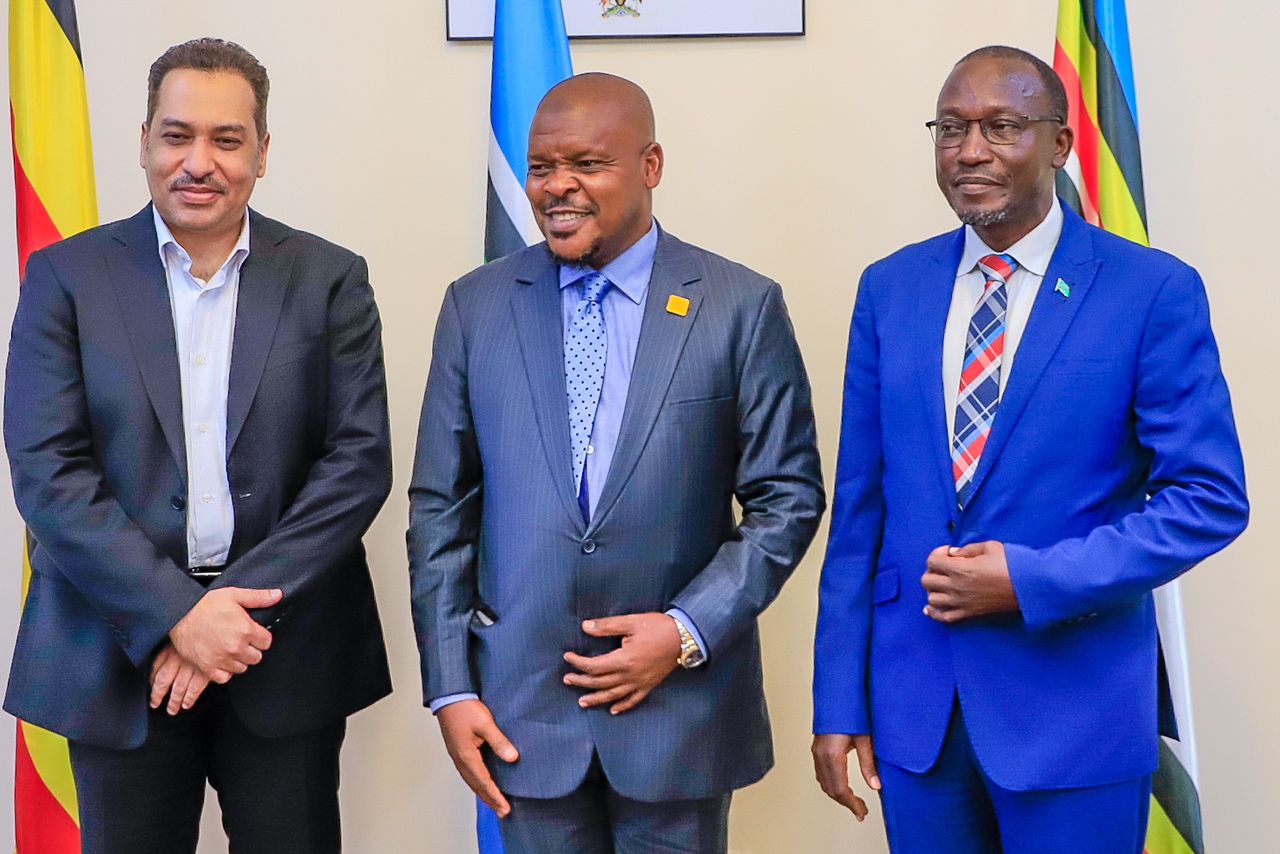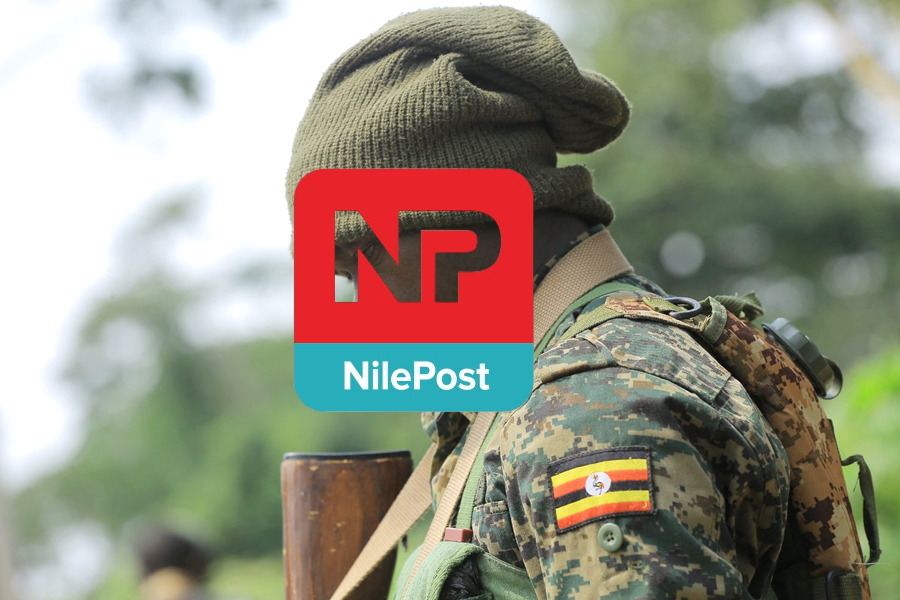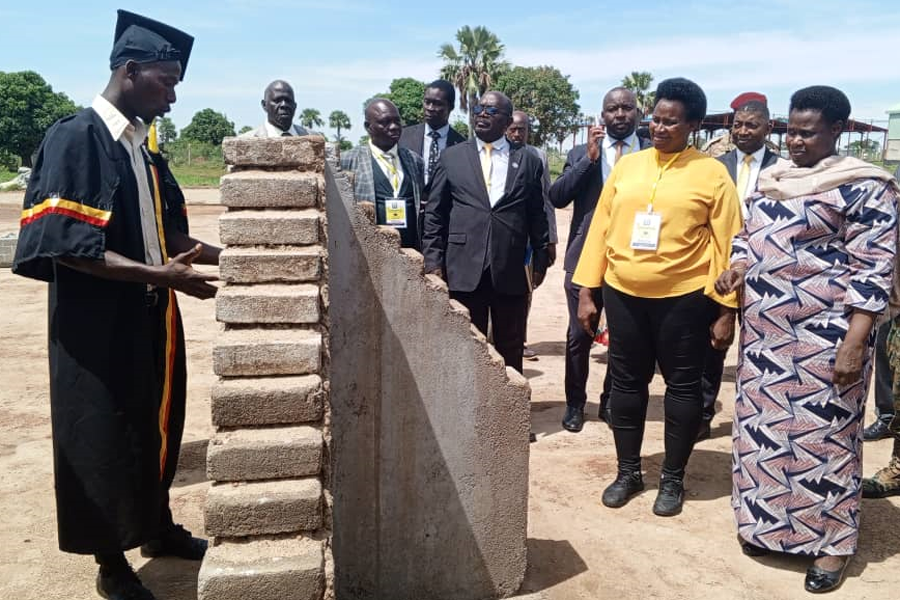After pleading for his life, ousted Burkina Faso leader flees to Togo
Burkina Faso's ousted military ruler has gone to neighbouring Togo after rival officers seized power in a coup on Friday, Togo's government has said.
Togo had taken in Lt Col Paul-Henri Damiba for the sake of regional peace, Akodah Ayewouadan added.
New military ruler Capt Ibrahim Traoré has urged cabinet ministers to "move faster" to tackle "urgent" problems.
An Islamist insurgency in Burkina Faso has worsened since Lt Col Damiba seized power in January.
On Sunday, religious and community leaders said he had formally resigned after Capt Traoré agreed to meet his conditions.
Along with agreeing not to harm or prosecute him, Damiba also asked Traore and the new junta leadership to respect the commitments already made to the West African regional bloc ECOWAS. Damiba, who came to power in a coup last January, had recently reached an agreement to hold an election by 2024.
In a statement late Sunday, ECOWAS said it would be sending a team of mediators to Ouagadougou on Monday including former Niger President Mahamadou Issoufou.
The ECOWAS statement, signed by Guinea-Bissau President Umaro Sissoco Embalo, noted that Damiba had resigned "in order to avoid a violent confrontation and possible bloodshed."
Earlier in the day, the new junta leadership had called for an end to the unrest that engulfed Ouagadouou in wake of Friday night's coup.
In a recording widely shared on social media, Lt-Col Damiba said he wished Burkina Faso's new leader every success. It is not known if he was alone when it was made.
Capt Traoré said Burkina Faso was facing an emergency in every sector,"from security to defence, to health, to social action, to infrastructure".
It was time for government to "abandon the unnecessary red tape", he added.
Capt Traoré wants fast solutions to big problems, which some fear signals a turn towards Russia.
Russia and France are engaged in a battle for influence in several former French colonies in West and Central Africa.
At the weekend there were attacks on French institutions, after it was reported that Lt Col Damiba was sheltering at a French military base in the capital, Ouagadougou.
France's foreign ministry said they were the work of "hostile demonstrators" who had been "manipulated by a disinformation campaign against us".
He regards former colonial power France as an ally of the man he ousted, and has spoken of his willingness to work with new partners to fight Islamist insurgents - and analysts believe that could mean hiring Russian mercenaries.
Russian military contractors are said to be active in neighbouring Mali, after French forces pulled out following a row with that country's military leaders. The Russians are accused by rights groups of committing abuses and massacres of civilians, which Russia has always denied.
The head of the Russian mercenary Wagner group, Yevgeny Prigozhin, has welcomed the takeover in Burkina Faso.
Meanwhile, the Russian government said on Monday it "would like the situation in Burkina Faso to normalise as soon possible".
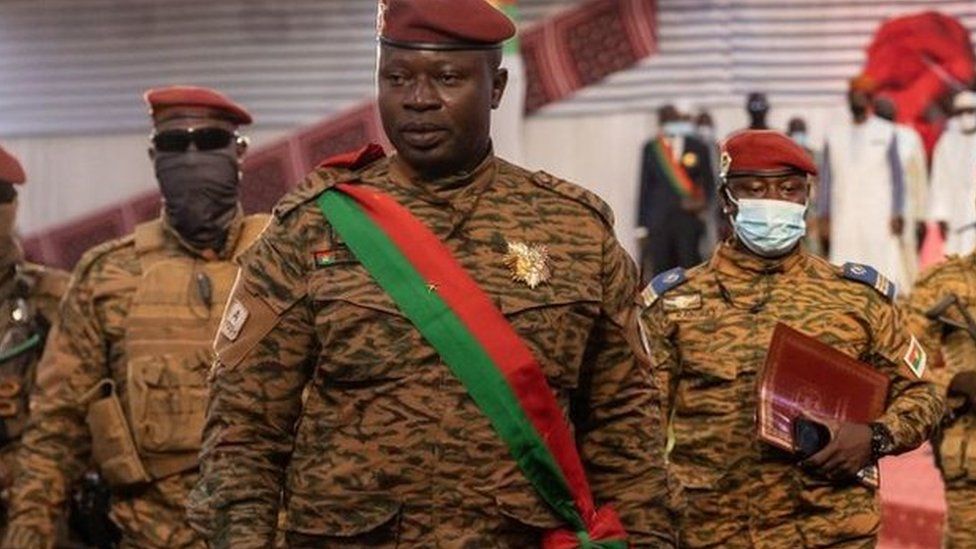
Burkina Faso controls as little as 60% of its territory, experts say, and Islamist violence is worsening.
The African Union has demanded the return of constitutional order by July 2023 at the latest, agreeing with the regional group Economic Community of West African States (Ecowas) that the ousting of leader Lt Col Damiba was "unconstitutional".
But Ecowas has since praised "the various parties in Burkina Faso for agreeing to a peaceful settlement of their differences", as days of power struggles came to an end without bloodshed.
Lt Col Damiba formally resigned on Sunday in exchange for the new junta agreeing to respect seven conditions - including a guarantee of his personal and family security, an agreement to continue with efforts at national reconciliation and a continued respect for the guarantee of returning to civilian rule within two years.
The deposed colonel had himself ousted President Roch Kaboré in January, saying that he had failed to deal with growing militant Islamist violence.
Many citizens in Burkina Faso have not felt safe for some time.
The Islamist insurgency broke out in the country in 2015, leaving thousands dead and forcing an estimated two million people from their homes.
This is Burkina Faso's ninth coup since independence from France in 1960.
Additional reporting by Farouk Chothia and Alys Davies
Source: BBC








